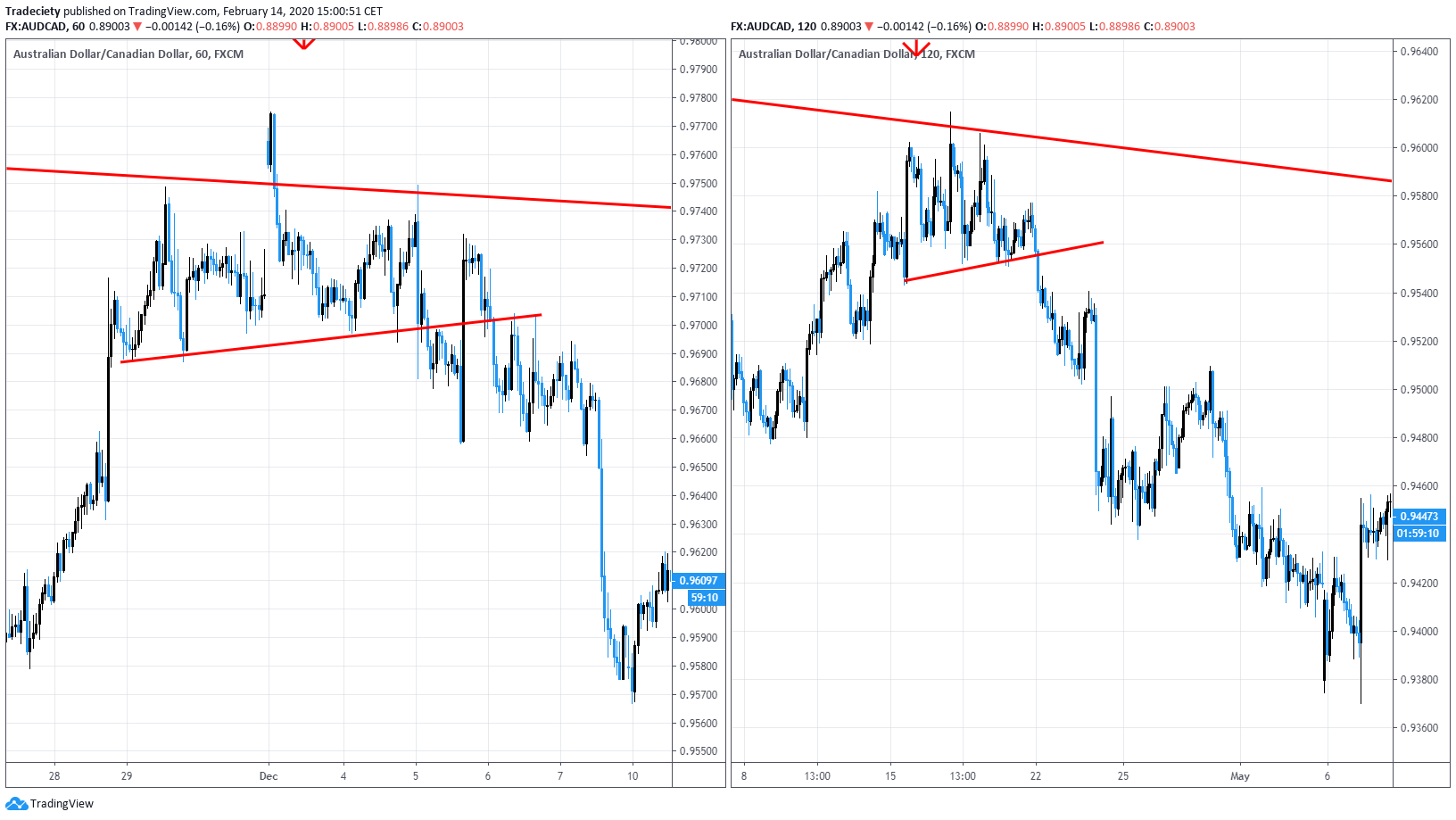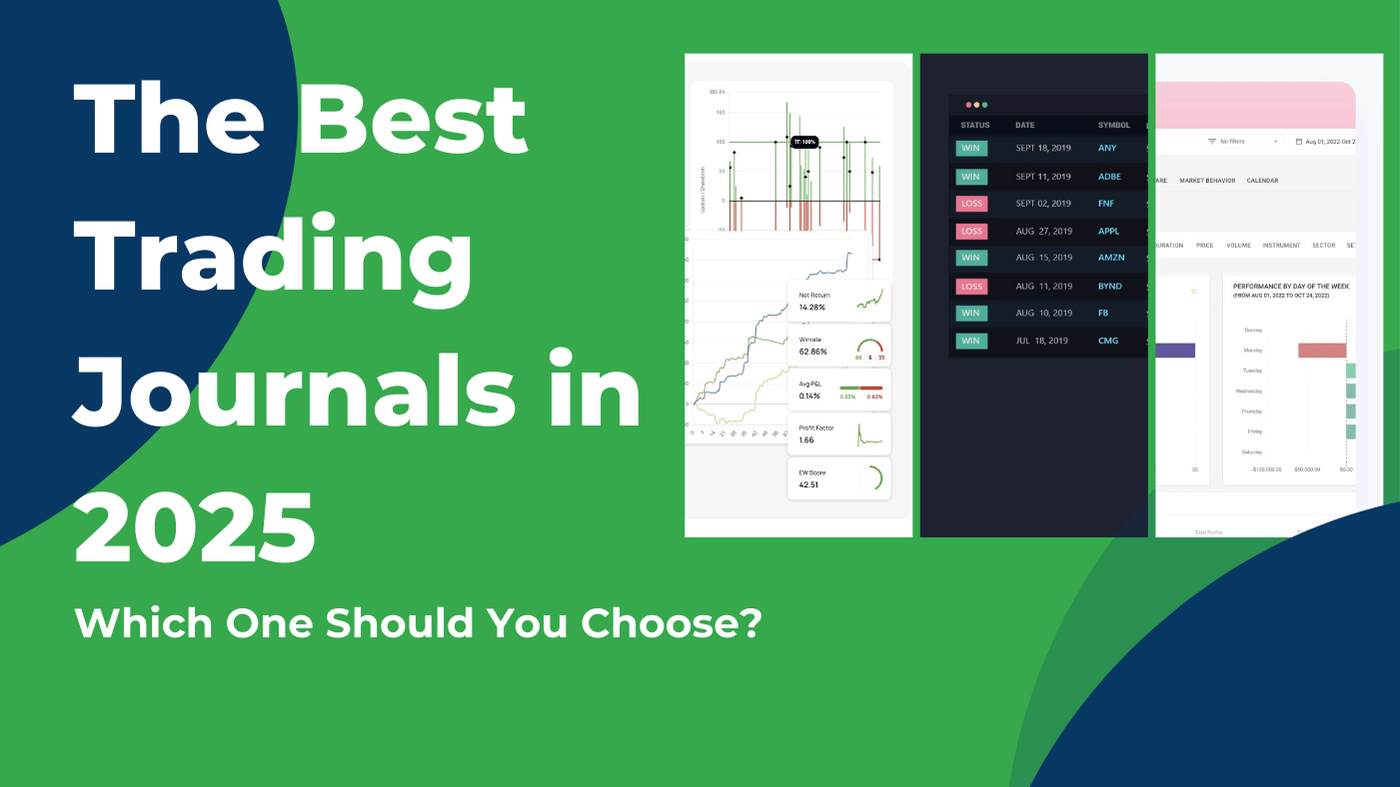3 min read
Scientist Discovered Why Most Traders Lose Money – 24 Surprising Statistics
“95% of all traders fail” is the most commonly used trading related statistic around the internet. But no research paper exists that proves this...
5 min read
Rolf
Aug 3, 2015 8:00:00 PM

The question “What does it take to become a better trader?”, is one of the most asked questions we receive on a regular basis, besides indicator and system questions which is another story… Today, we are going to talk about a few topics and concepts which are essential to trading success and which should be the #1 priority of every trader. The topics and ideas that we are going to share should be used to perform a self-check and evaluate how your mindset, approach and attitude lives up to these points.
Success is neither magical nor mysterious. Success is the natural consequence of consistently applying the basic fundamentals.
– Jim Rohn
The problem with traders is that they often get lost in the details and skip the core basics which inevitably leads to unprofitable trading and it is hard, if not impossible, to get back on the right track after you have installed the negative behavioral patterns. Thus, focusing on the essentials and building a solid foundation first is so important that we can’t stress this often enough.
If you want to become a doctor, you have to know your tools and get a good understanding of the human body, before you make diagnoses or have your first surgery. There is no “How can I become a Doctor in 2 weeks” course and traders would be much better off if they understood that shortcuts lead to nowhere and that profitable trading takes a lot of time and effort.
Thus, as a trader you have to identify your most common mistakes and problem areas first and only move on, after you have overcome these problems. If you still don’t have the discipline to wait until all entry rules are present, or you still keep widening your stop loss orders and let losing trades often get out of hand, there is no point in looking for another, “better” method or trying out a different profit taking approach which may give you a few extra points. Unless you haven’t overcome the most basic and essential problems in your trading, there is no reason why you should focus on more advanced trading topics.
Bottom-up means that you identify and tackle your greatest problems first and you address your issues one by one. This way you will not only see the greatest impacts on your trading, but it lays a solid foundation upon which you can build your trading career later.
The vast majority of people start trading because of all the money that could be made. And although being motivated and having great dreams and ambitions is not necessarily bad, it can often lead to the wrong actions. Especially new traders are chasing double digit returns, while burning through a lot of cash at the same time; this is a huge paradox in trading. People can’t and don’t want to accept that making only a few percentage points on a consistent basis is much more desirable than constantly risking a substantial part of their account, trying to land a lucky punch.
We urge you to check your expectations NOW. But don’t just say that you are not after the big money and that you are trading because you like the game, evaluate your actions because they accurately reflect your true mindset. Do you still jump from system to system regularly without seeing any progress, do you still make the typical beginner’s mistakes of widening stop loss orders, taking trades that don’t match your criteria and use too much risk to make up for past losses faster? How serious are you about trading? Do you spend enough time working on your skills? Do you plan your trades ahead and keep a trading journal regularly? These are all questions you have to answer in order to get a clear picture of your expectations and mindset.
This point picks up where we left off. Being honest with yourself is an important character trait of any professional in any field. Without having the ability to honestly look at yourself, progress is impossible and although it can sometimes be a painful revelation, if you are not aware of your flaws, you will keep making the same mistakes without any chance of improvement.
I think self-awareness is probably the most important thing towards being a champion.
– Billie Jean King
In trading, self-delusion is very common and it is often a protection mechanism which shields you from the painful reality of your actual performance and it helps justifying the completely irrational pursuit of trying to find the one trading system that will finally provide the best entry signals and turn you into a successful trader. It is not uncommon that even after spending years and years trading, people still look like complete beginners and they are as far away from becoming a profitable trader as they can possibly be.
To perform a self-check, ask yourself these questions. But, most important, answer them completely honestly because, in the end, no one else cares whether you will become a profitable trader, or just keep lying to yourself about your trading journey:
These 4 questions will provide a very clear picture about your mindset. The answer will show whether you are really serious about trading or if you are just looking for a get rich quick method. However, if you catch yourself by thinking “This is not true for me. I don’t have to answer these questions. I will find a good trading strategy somehow.”, you need to rethink your trading approach more than anyone else.
#1 – Pick one method and stick with it
This is more like a challenge than a tip. Next time when you want to change to another trading method or make a significant change, ask yourself how far hopping from system to system has brought you. For the next few months, stop trying new things and instead, focus on how to improve the one strategy you have.
#2 – Follow the bottom-up approach
Identify your greatest challenges and problems and work on them first. Don’t spread your focus, but try to make one step at a time. What is causing you the greatest losses? Identify your #1 problem and work on it!
#3 – Establish a trading routine
Instead of doing multiple things at once and being all over the place, pause and reflect. Establish a routine which includes the time for planning your trades, your actual trading time and how you approach trading in general (which instruments, time-frames, how do you monitor your charts, etc.) and how you work on your skills after your trading sessions.
#4 – Stop chasing returns
Don’t try to double your account very few months. This is just not how trading works. Set yourself realistic expectations. The order of priorities should be:
Stop making beginner’s mistakes à Stop losing so much money à Become a break-even trader à Small and consistent profits following a disciplined approach
#5 – Work on your skills offline
Most traders, after closing a trade, will never look at their past trades again. This completely avoids a learning effect and makes improvement impossible. Start a trading journal and regularly review your trades and your past performance.
#6 – Evaluate your mindset and goals
Constantly check in on yourself and evaluate whether your actions reflect your goals. Do you keep making the same mistakes? Did you stop writing a trading plan and a trading journal? Are you back to system-hopping?
#7 – Focus on making the best decisions
Adopt a process-oriented mindset. This means that you trade detached from your P&L and focus solely on making the best trades and decisions. This will often take care of many other problems as well. In this video we explain the importance of having a process-oriented mindset.

3 min read
“95% of all traders fail” is the most commonly used trading related statistic around the internet. But no research paper exists that proves this...

3 min read
Trendlines can be great trading tools if used correctly and in this post, I am going to share three powerful trendline strategies with you.

3 min read
Choosing the right trading journal is essential for traders wanting to analyze performance, refine strategies, and improve consistency. In this...